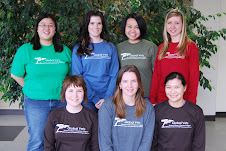Today was our first day with Dr. William Mwebembezi, a local veterinarian. When he dropped by the FAOC office to pick us up, we felt like kids at Christmas. He took us to see a cow that was giving birth to a calf with a posterior presentation (butt first if you will) and had to perform a cesarian in the field.


It was a great experience to see how a C-section is done in Uganda and surprisingly it was quite similar to how they are done in Canada. Perhaps the exception is that it was so dark out by the time we were finishing up that the suturing was done by the light of a cell phone! We ended up delivering a nice live bull calf and mom was up on her feet soon after surgery with a suckling calf.












